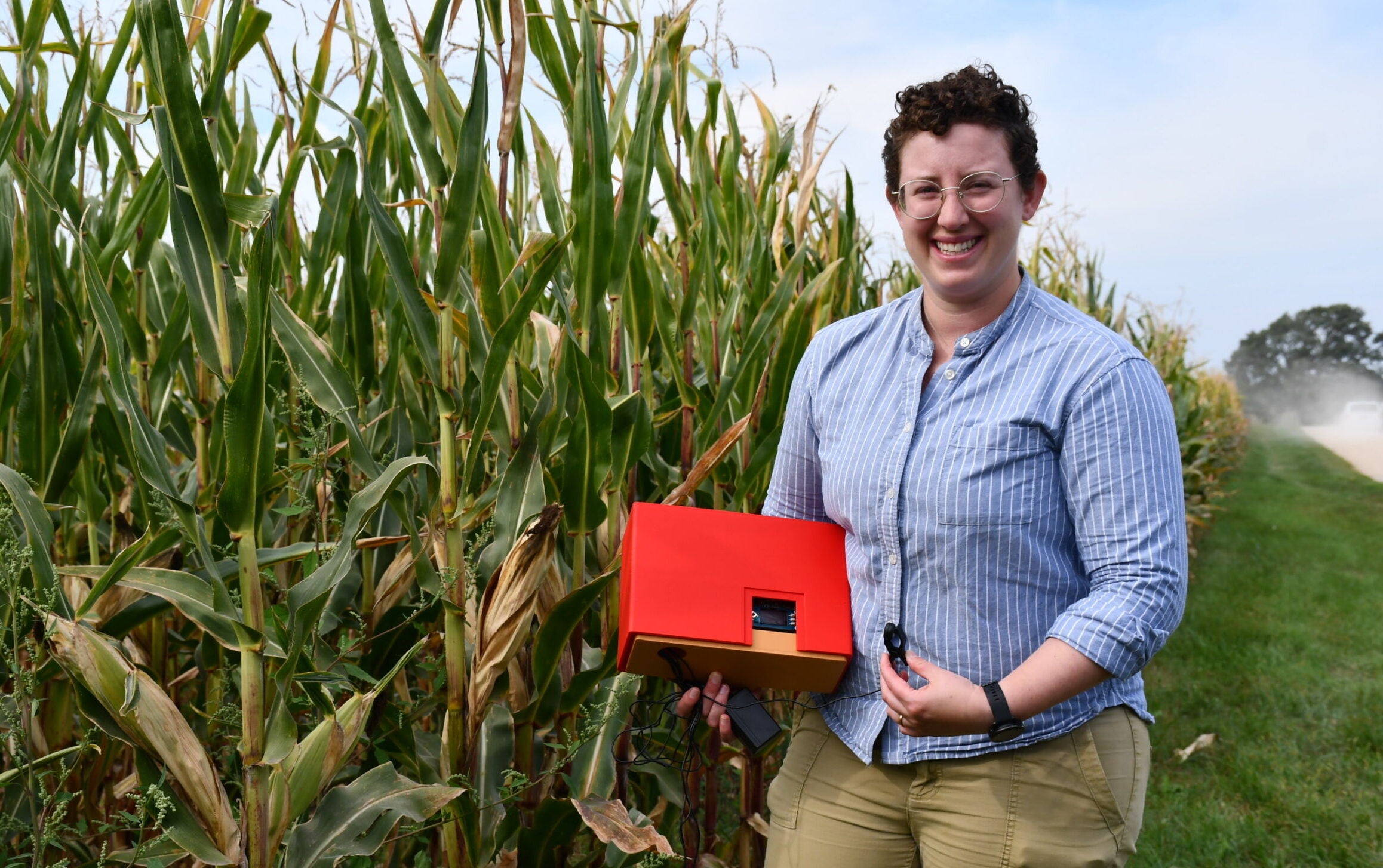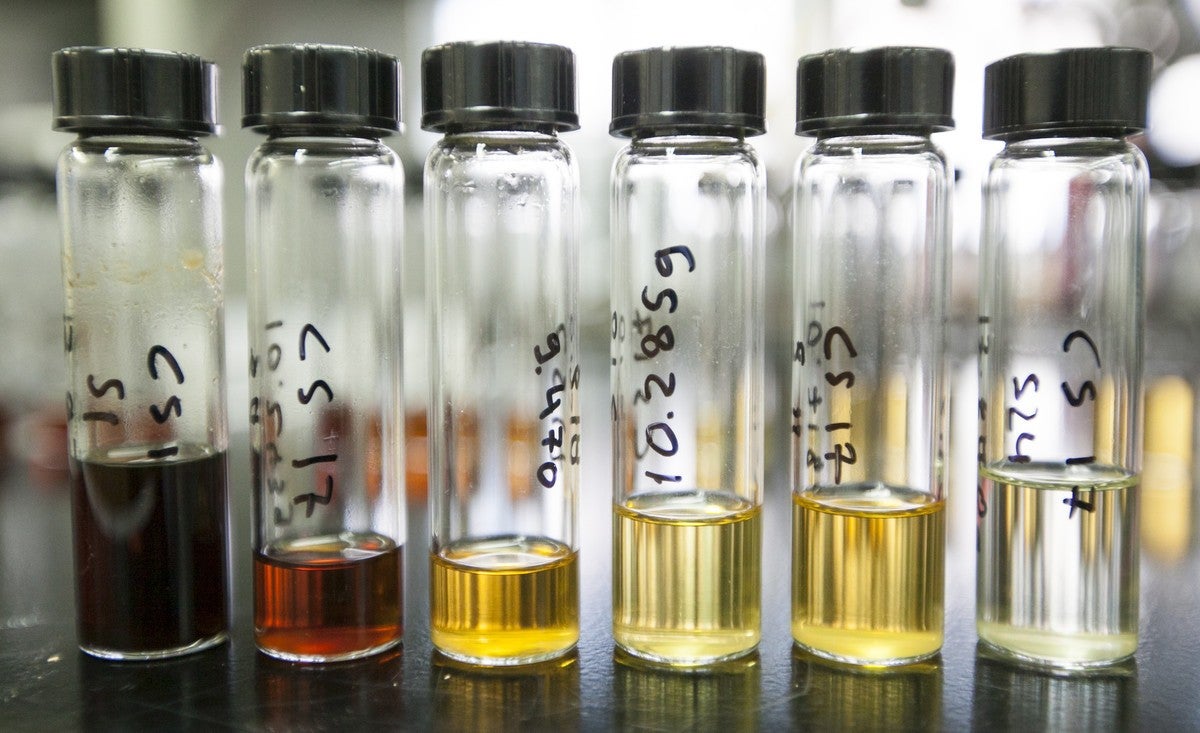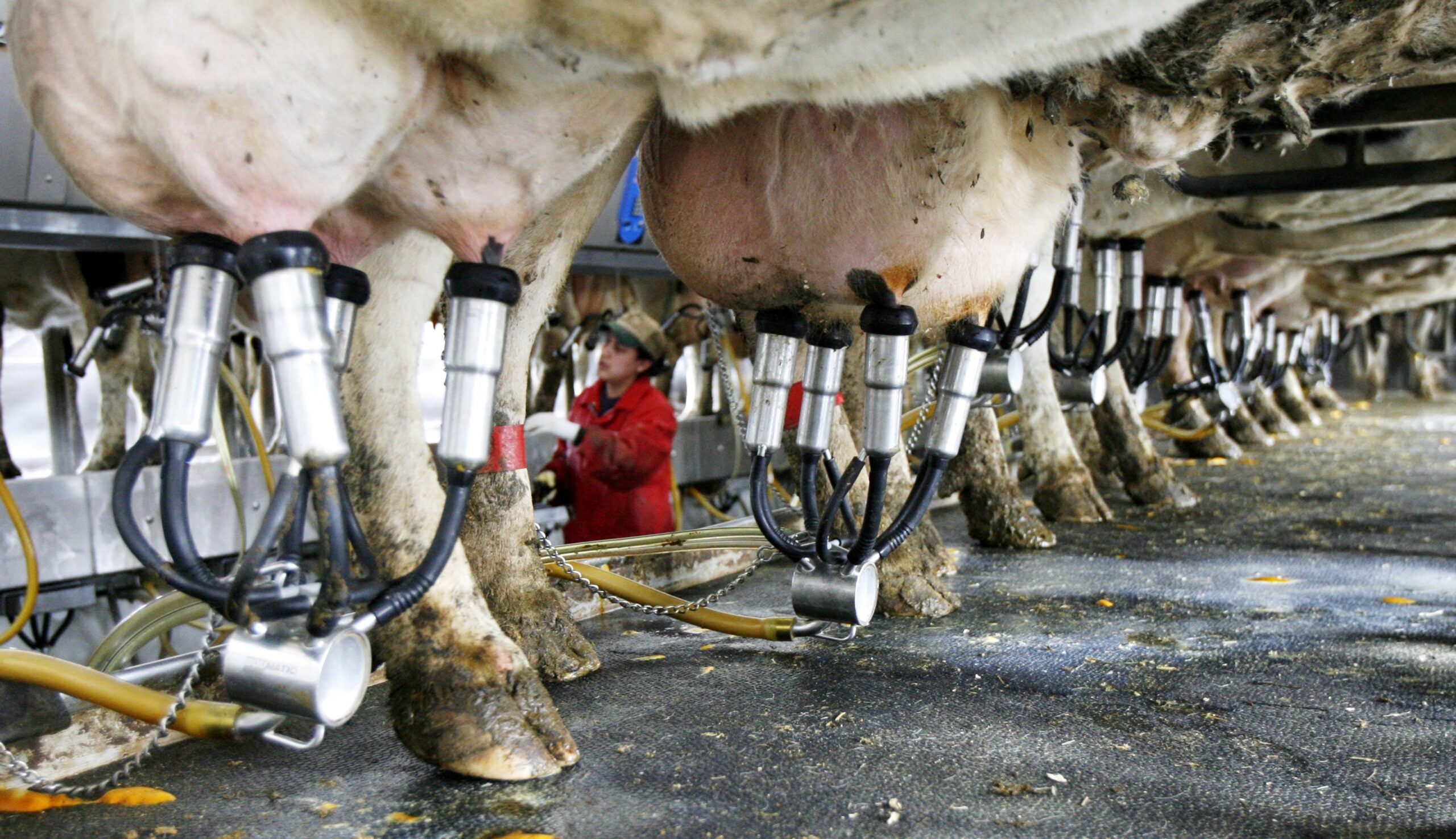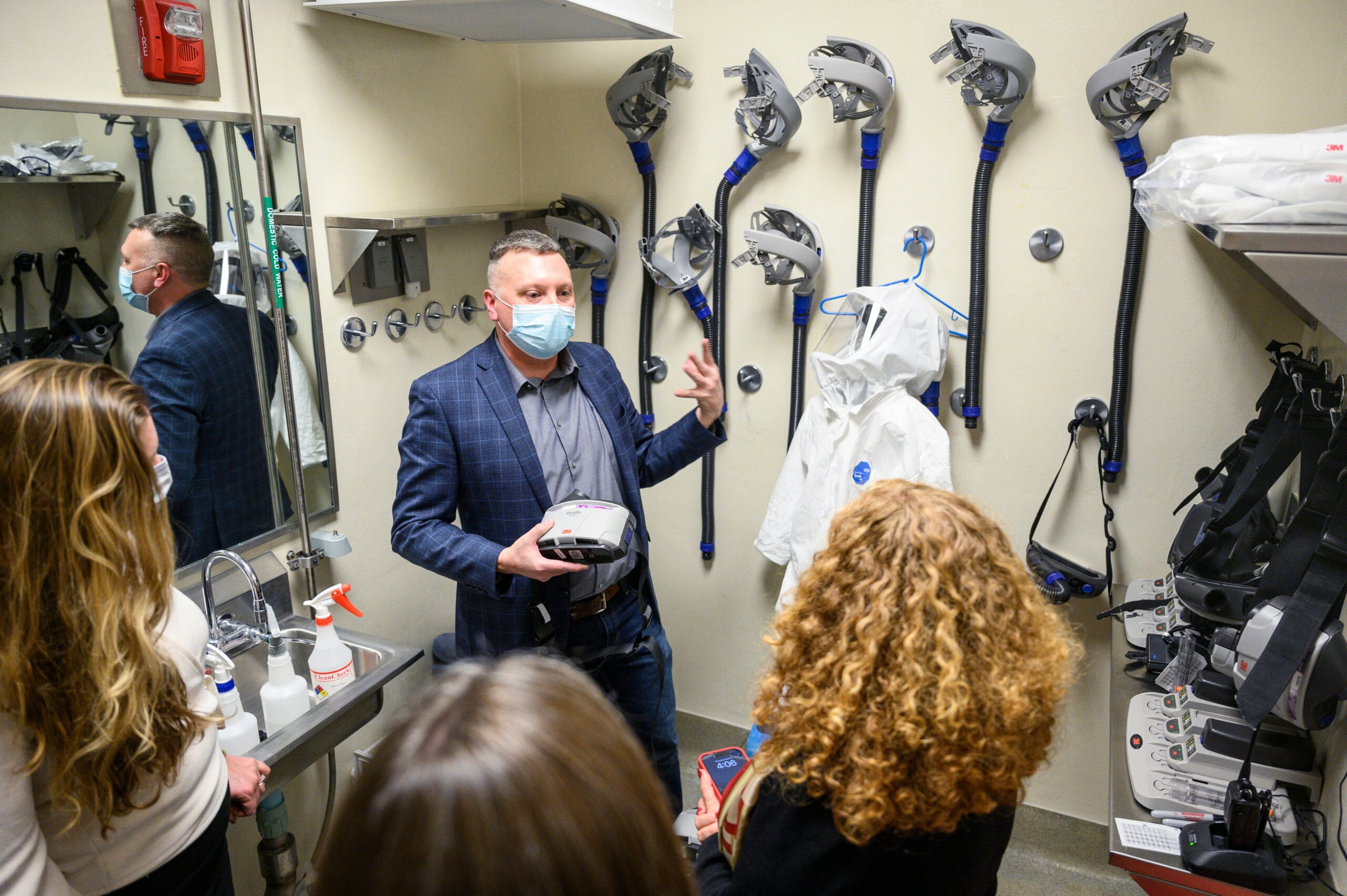Researchers at the University of Wisconsin-Madison School of Veterinary Medicine have developed lab mice that can be used for testing vaccines and antivirals against the Zika virus.
Last week, the Centers for Disease Control confirmed that the virus is linked to the rise in babies born with birth defects in some parts of South America.
Matthew Aliota, a research scientist with the School of Veterinary Medicine, led the research behind the lab mice development. He said the type of mouse to be used in the tests have been used for dengue virus research, another disease transmitted by mosquitos. He said testing vaccine candidates on mice is a vital step before vaccines can be tested on higher animals like primates.
Stay informed on the latest news
Sign up for WPR’s email newsletter.
While developing vaccines is a major goal, Aliota said the lab mice will help in other realms of research as well.
“They can be used in some instances to understand the biology of the virus and how it might cause disease in the human host,” he said. “We’ve known about the virus … for a long time, but just basic information about the biology of the virus is lacking because historically it’s not something that’s caused much human disease.”
Aliota said UW-Madison is pioneering a great deal of research on the understudied virus. In addition to studying mice, some UW pathologists have begun conducting research on primates to better understand how the virus impacts pregnancies.
Wisconsin Public Radio, © Copyright 2024, Board of Regents of the University of Wisconsin System and Wisconsin Educational Communications Board.





